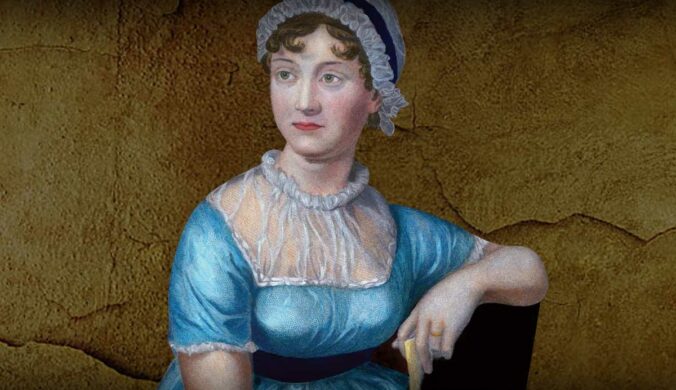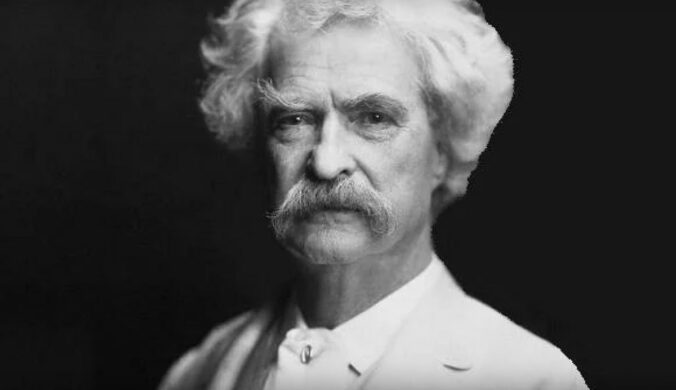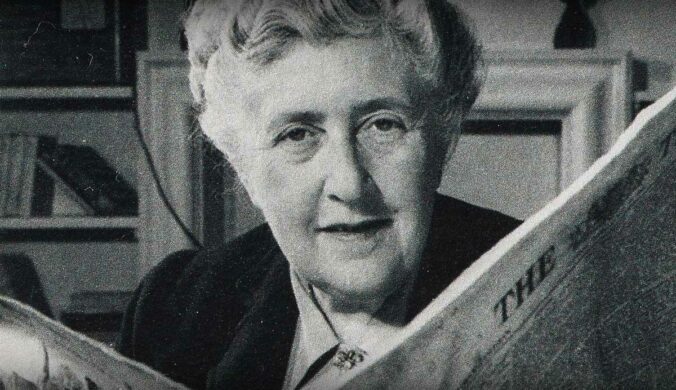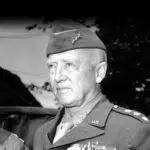Kurt Vonnegut Jr., born on November 11, 1922, was an American novelist and essayist known for his satirical literary style. Science fiction elements and later autobiographical commentary are recurrent topics in his writing. He began actively publishing in the 1960s, and by the 1980s, he had achieved both critical and prevalent acclaim for writing the classic novels “Cat’s Cradle,” “Slaughterhouse-Five,” and “Breakfast of Champions.” His publications include books, novels, essays, articles, collections of short stories, poems, plays, interviews, and works that have been adapted for film and television. Fourteen books, 18 essays, 123 short stories, 16 collections, and seven plays have all been published during his life and after his passing on April 11, 2007. Let’s celebrate his birthday right here.
Fast Facts
Full Name:
Kurt Vonnegut Jr.
Birth date:
November 11, 1922
Death date:
April 11, 2007 (age 84)
Zodiac Sign:
Scorpio
Height:
6' 2"
Net Worth:
$1.5 million
Background
Kurt Vonnegut Jr. was born on November 11, 1922, in Indianapolis. He was the youngest child of Edith and Kurt Vonnegut Sr., with an older brother and sister. His father and grandfather were architects, and his mother was from a wealthy brewery-owning family. Vonnegut discovered his affinity for writing while in high school, becoming co-editor of the Tuesday edition of the school newspaper. He began to attend Cornell University in 1940, majoring in biochemistry, while working as a staff writer and editor of “The Cornell Daily Sun.” He then left university to join the U.S. Army in January 1943. During training, he studied mechanical engineering at the University of Tennessee.
He was one of the American soldiers sent to Europe to fight in World War II, and he was taken prisoner by the Germans there during the Battle of the Bulge. He made it through the war despite being imprisoned. Upon returning to the U.S., Vonnegut married Jane Marie Cox, a high school sweetheart. As soon as they both registered for classes at the University of Chicago, he started working as a night reporter for the “City News Bureau.” Together, they had three kids: Mark, Edith, and Nanette. After his sister died from cancer and her husband was fatally injured in a railway accident, he adopted her sons in 1958.
In 1952, Vonnegut published his first novel “Player Piano.” During the next 20 years, he published several books and short story collections. Although positively reviewed, “Player Piano” was not commercially successful at the time of being published. “The Sirens of Titan” (1959) and “Cat’s Cradle” (1963) were well received and nominated in their respective years for a Fantasy Novel Hugo Award. In 1968, he published a short story collection titled “Welcome to the Monkey House.” His sixth novel, “Slaughterhouse-Five” (1969), was his breakthrough, and it was commercially and critically successful and plunged him into fame. Released amidst the ongoing Vietnam War, readers related to the book’s anti-war sentiment. The book topped “The New York Times” bestseller list. Vonnegut Jr. was the recipient of many awards and honors and was invited to deliver numerous lectures and addresses around the country. In 1970, he served as a correspondent during the Nigerian Civil War.
In the same year, he briefly taught creative writing at Harvard University. From 1973 to 1974, he taught at the City College of New York and was later elected vice president of the National Institute of Arts and Letters. Many institutions and colleges gave him honorary degrees. Even though he started writing science fiction short tales and novels, he eventually shifted his attention to political writings and painting. In addition to autobiographical essays like “Palm Sunday” (1981), he also released various short story collections such as”Fates Worse Than Death” (1991) and “A Man Without a Country” (2005).
Following his divorce from his first wife in 1971, Vonnegut remarried in 1979. He and Jill Krementz, his second wife, to who he was married until his death, adopted a daughter named Lily. On April 11, 2007, Vonnegut passed away because of injuries sustained a few weeks earlier after falling. He is regarded as one of the most significant modern authors and a darkly humorous commentator on American society and has gained a lot of acclaim after his passing.
Some prestigious awards he received include the Hugo Award for ‘Best Dramatic Presentation,’ the Guggenheim Fellowship for ‘Creative Arts, U.S. & Canada,’ Drama Desk Award for ‘Outstanding New Playwright,’ Writers Guild of America Award for ‘Television Best Script,’ and ‘30 Minutes or Less in Program Length’ and an Audie Award for ‘Short Stories/Collections.’ After his passing, several unpublished works, including “Armageddon in Retrospect” (2008) and “Complete Stories” (2017), were made public. Numerous academics have studied and still do so regarding Vonnegut’s satirical humor and writing style.
Career timeline
While working at “The Cornell Daily Sun,” Vonnegut writes a column titled “Innocents Abroad” and writes a piece on pacifism titled “Well All Right.”
He withdraws from Cornell University to enlist in the army.
He publishes his first novel, “Player Piano.”
He publishes “Slaughterhouse-Five,” which catapults him into literary fame and acknowledgment.
Vonnegut publishes “Timequake,” the last of his 14 novels, which reflects his mortality and faith.
Vonnegut Jr.’s son releases a compilation of his unpublished works titled “Armageddon in Retrospect.”
Why We Love Kurt Vonnegut Jr.
His values and beliefs
Vonnegut was a pacifist, socialist and humanist known for being outspoken about political and moral issues and advocating the importance of art. Recurring themes in his literary work include anti-war and anti-racist sentiment and disappointment in humanity. He has also served as the honorary president of the American Humanist Association.
His style of writing
He is one of the pioneers of experimental writing that came to be known as postmodern literature. His anti-war sentiments resonated with Americans, and his form of sincere self-reflexive satire made him one of the most famous writers of the 1960s.
His commitments to family
He not only adopted and raised three out of four of his late sister’s children; he adopted a fourth child with his second wife. He ended up raising seven children and was committed to caring for them.
5 Surprising Facts
He survived a bombing in Germany
Vonnegut Jr. survived the Allied bombing of the city while imprisoned in a meat locker in Dresden.
He was a chain smoker
Vonnegut smoked Pall Mall unfiltered cigarettes since he was a young teenager.
He is memorialized in outer space
The asteroid 25399 Vonnegut and a crater on the planet Mercury bear his name.
He had an interesting way of meditating
Vonnegut claimed his preferred form of meditation for years was to read short stories as it was relaxing and enlightening.
He commemorated his death
His last words were something along the lines of “Oh, what a great artist dies today.”
Kurt Vonnegut Jr. FAQs
What does Vonnegut mean by “so it goes”?
Vonnegut is a descendant of German immigrants; the term “so it goes” comes from the German expression “So Geht’s,” which translates to “that’s life” and is frequently used to comment on something that “can’t be changed.”
Why should you read Kurt Vonnegut?
The gratifying character arcs and ideas of good and evil in most stories didn’t seem realistic to Vonnegut. By examining how stories are constructed and eschewing simple chronologies, he set out to investigate the gray area between good and evil and make sense of human behavior in his novels.
What is the best Kurt Vonnegut book to start with?
The best book to begin with is his most famous one, “Slaughterhouse-Five.”
Kurt Vonnegut Jr.’s birthday dates
| Year | Date | Day |
|---|---|---|
| 2024 | November 11 | Monday |
| 2025 | November 11 | Tuesday |
| 2026 | November 11 | Wednesday |
| 2027 | November 11 | Thursday |
| 2028 | November 11 | Saturday |























